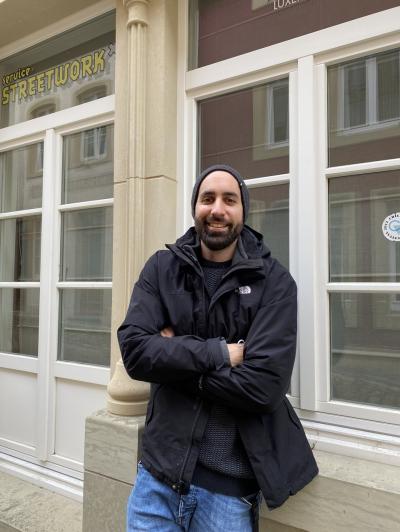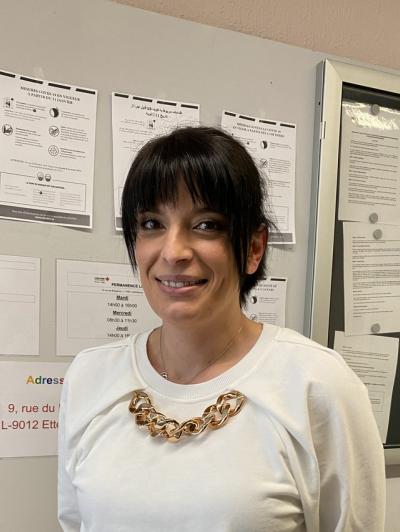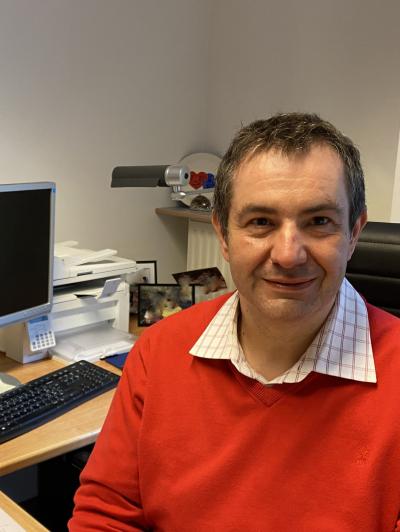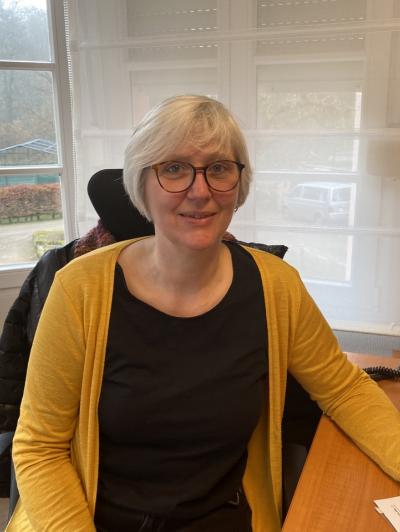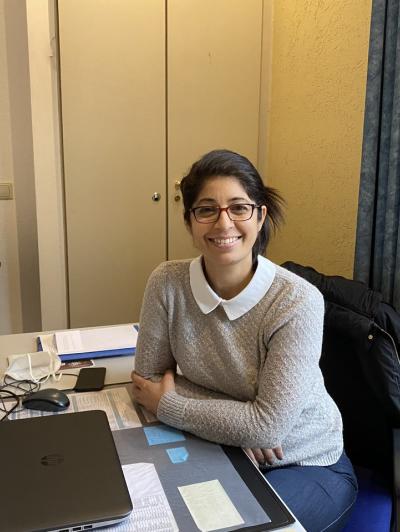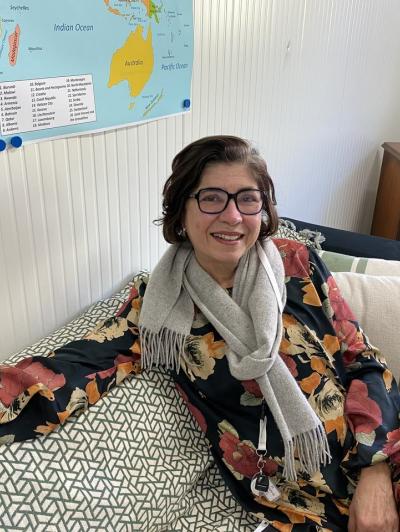
Amélie Zeimet - "Time out" for refugees
Thursday 10 December 2020
Amélie Zeimet is a psychologist in three refugee centres of Caritas Luxembourg. On parental leave during the confinement this spring, when she returned, the refugees were marked.
WHAT ARE YOUR OBSERVATIONS?
What struck me on my return is that the people I left a year earlier have made little progress. In general, in one year, the residents we accompany make significant progress in learning the language, in their life project and in their integration into our society. However, COVID-19 has imposed itself as a "time out" for refugees. For some, this lost time is a source of frustration and can turn into anxiety or depression.
HOW DO YOU HELP THEM?
I try to get them talking and stabilise them. Some of them feel a little appeased after having said what is on their hearts.
However, the trauma they have experienced, the grief they have suffered and the political situations in their country of origin are not favourable for dialogue and most of the people I meet don't talk much during the first appointment. Moreover, a large part of the refugees are not familiar with the profession of psychologist and in their imagination, only " mad " people consult.
The socio-educational teams in the different centres have a major role in the psychological care of the residents, as they do a great deal of psychoeducation work to destigmatise psychology and the psychologist. They are in daily contact with their residents and detect vulnerable people first and then redirect them to me. I then work on the therapeutic relationship, trust, stabilisation and reassure them about the confidentiality of what will be shared in our discussions.
ARE THERE LIMITS TO YOUR WORK?
In general, in the centres, my work as a psychologist is limited to stabilising the residents. This is done by listening to them and sharing stabilisation and relaxation techniques. I only very rarely carry out the confrontation of traumas and the integration of traumatic events. For this, people should be in a safe situation, both in terms of their procedure and their professional future, but also in relation to their housing and integration. This is rarely the case when people are in our centres.
Linked news
Donate
Your donation is essential to ensure the continuity of Caritas Luxembourg's actions in the service of the poor.
Other donation methods
